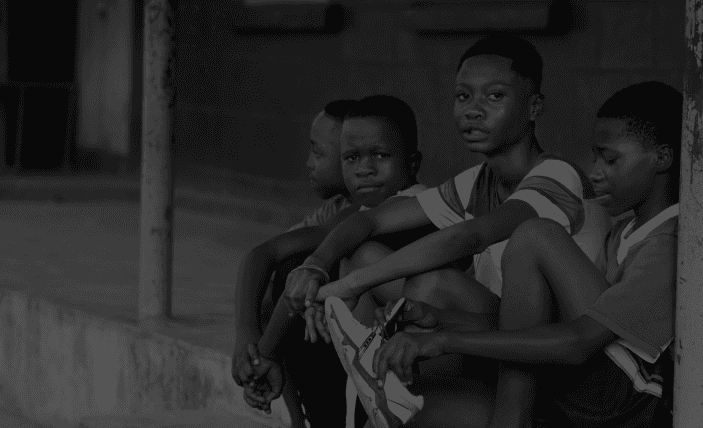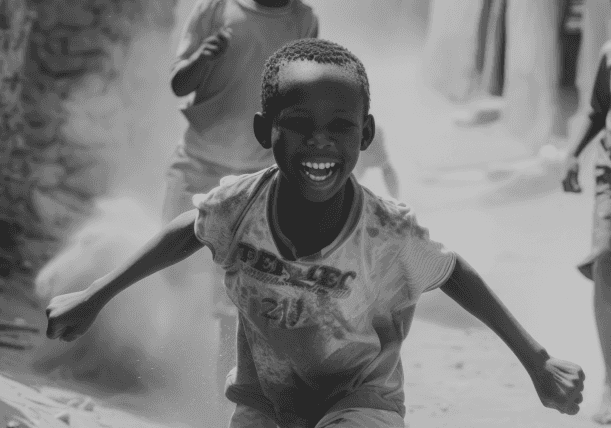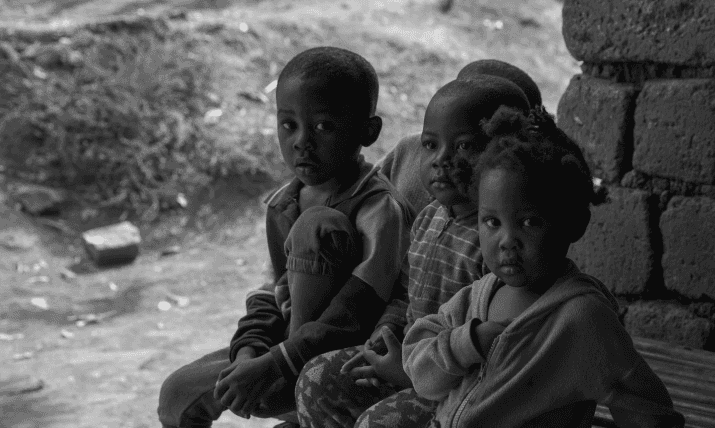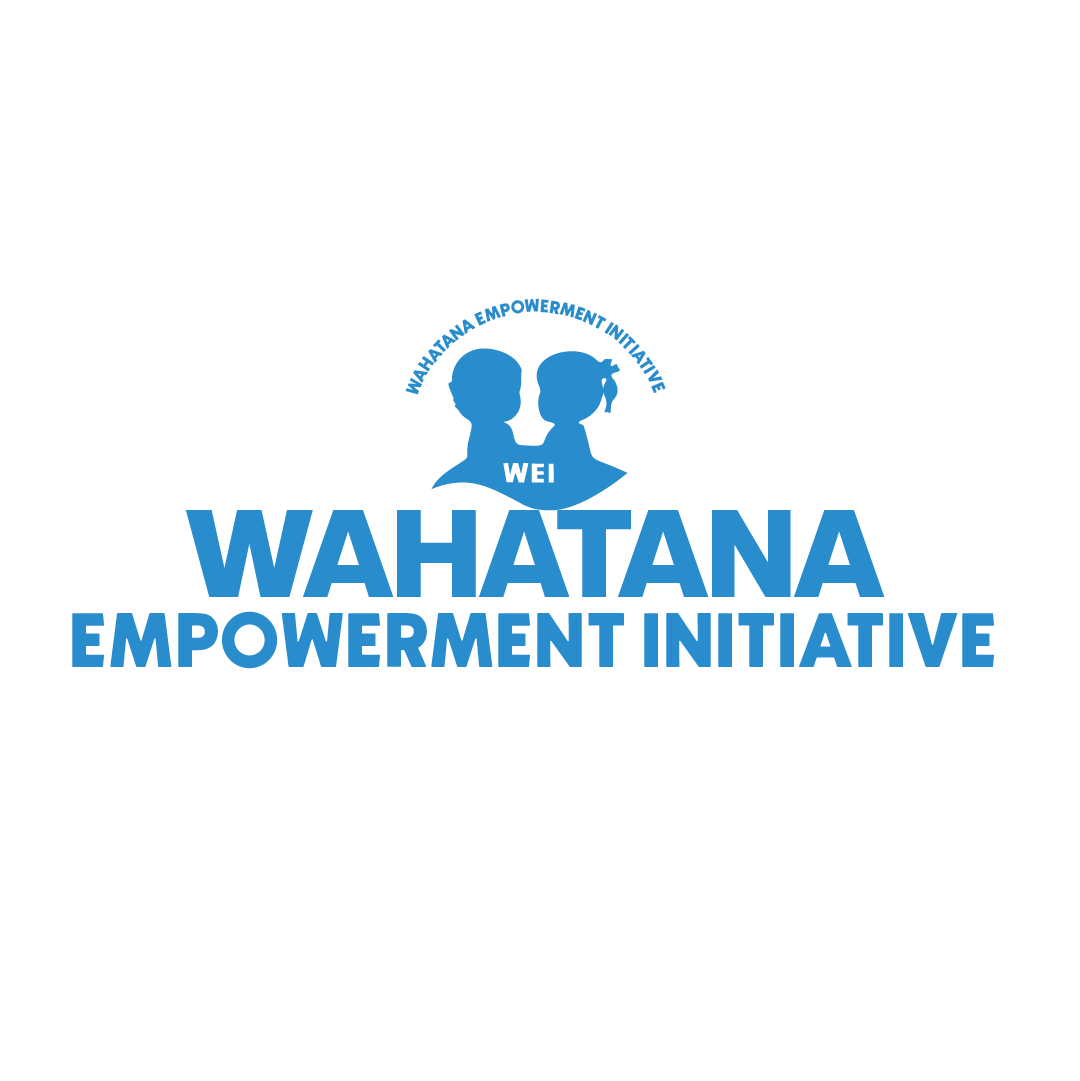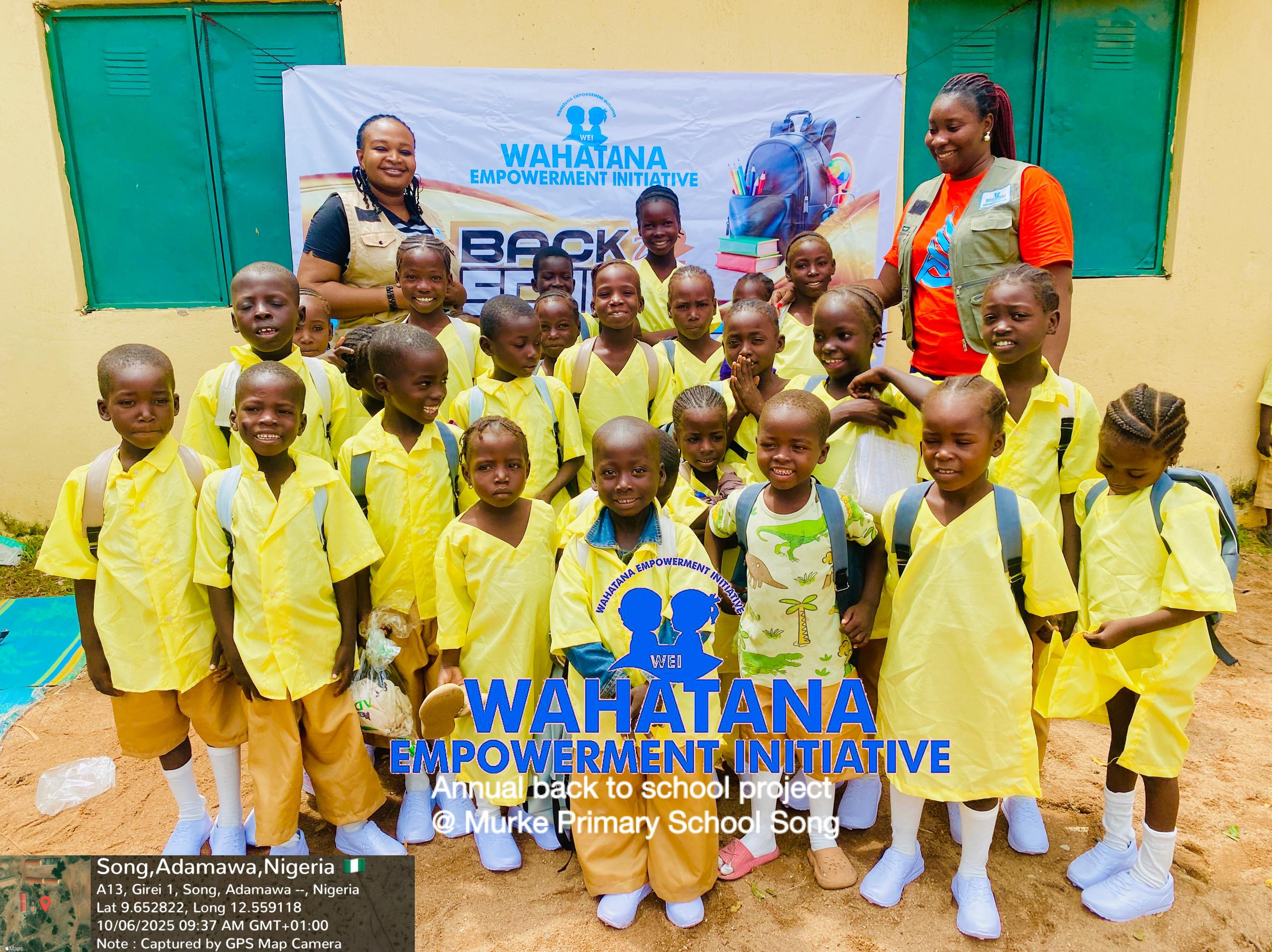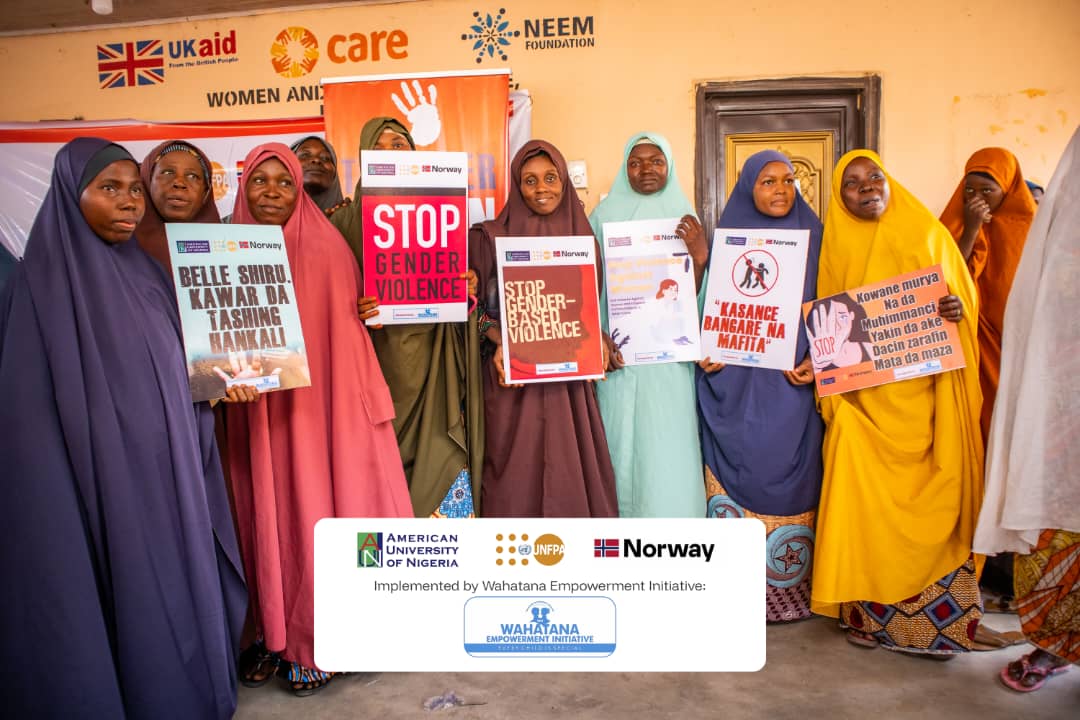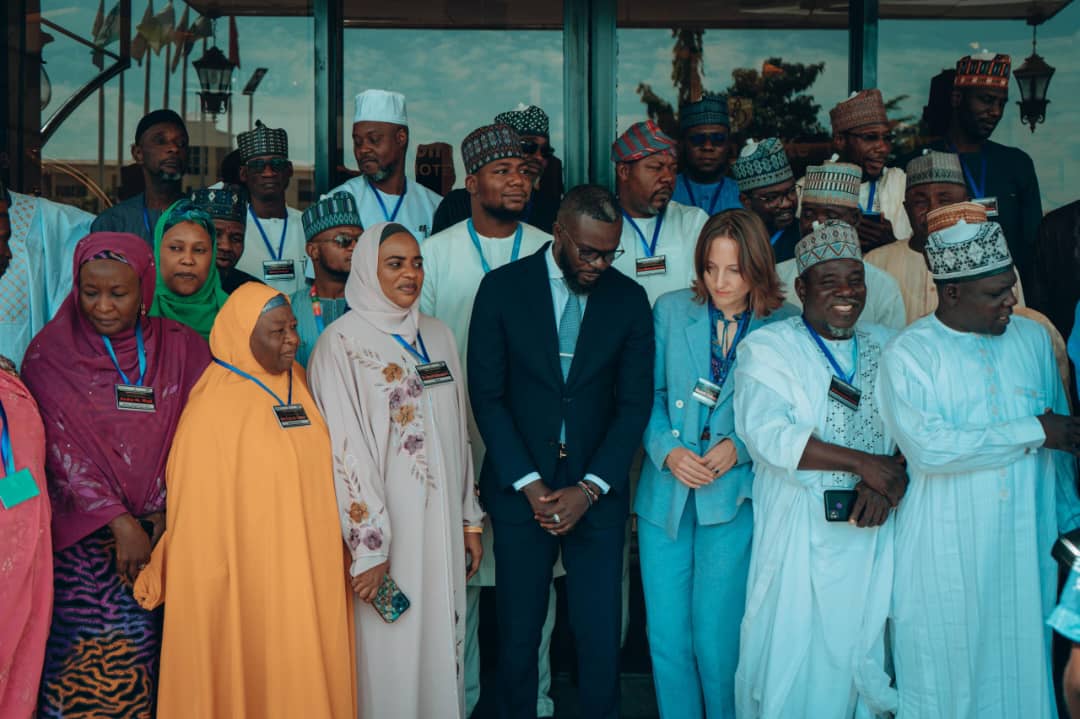- Feeding Bodies. Fueling Hope. Nourishing Futures.
In the wake of conflict, displacement, and extreme poverty, access to nutritious food is a daily struggle for many families across northeastern Nigeria. Malnutrition — especially in children, pregnant women, and the elderly — continues to threaten survival and hinder recovery in already fragile communities.
At Wahatana Empowerment Initiative (WEI), we believe that no one should go to bed hungry, and no child should suffer simply because they were born into crisis. That’s why nutrition is a core part of our humanitarian response — because healing, learning, and empowerment all begin with nourishment.
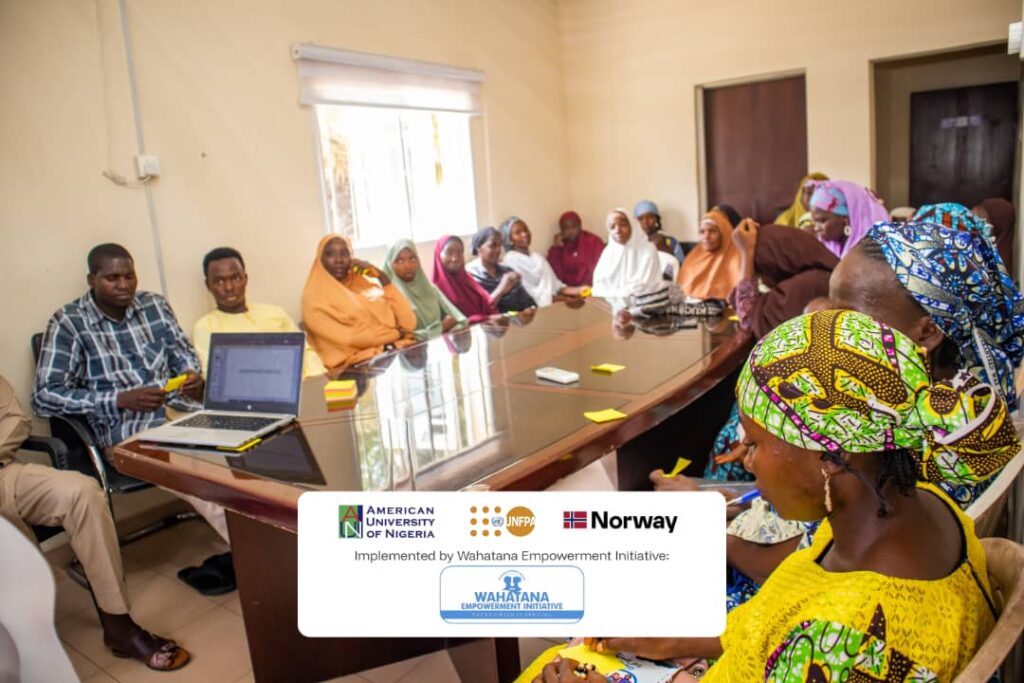
The Nutrition crisis in Region
🍚 Over 12 million people in northeastern Nigeria are food insecure.
👶 1 in 3 children under five is stunted due to chronic malnutrition.
🚺 Displaced women often lack access to essential nutrients during pregnancy, putting both mother and baby at risk.
💧 Lack of clean water and poor sanitation exacerbates food-related illnesses, especially in IDP camps and rural areas.
When families can’t meet their basic nutritional needs, the cycle of poverty deepens — leading to illness, school dropouts, and preventable deaths.
Our Response: Nourishment as a Lifeline
WEI is addressing hunger and malnutrition through emergency food relief, nutrition education, and sustainable solutions that empower communities to feed themselves.
We go beyond handouts — we build systems of care that strengthen food security in the long term.
What We’re Doing
🥣 Emergency Food Distribution
In times of urgent need — including during the COVID-19 pandemic and in displacement camps — WEI provides food baskets containing essential staples such as rice, maize, beans, oil, and salt.
✅ 3,500+ households supported with emergency food supplies
🚚 Food delivery targeted at women-headed households and vulnerable children
🧠 Nutrition Awareness & Education
We run community sessions that teach mothers and caregivers about:
Balanced diets and local food options
Infant and young child feeding practices
Food hygiene and safe preparation
Recognizing signs of malnutrition
This knowledge empowers families to make healthier choices — even with limited resources.
🌾 Sustainable Food Solutions
Through our climate-smart agriculture programs, we train women and youth to grow diverse, nutrient-rich crops like vegetables, legumes, and grains. These home gardens reduce reliance on external food aid and improve dietary variety.
🌱 Nutrition-sensitive farming promoted through our Greening Yola and ACReSAL initiatives
👩🌾 Women’s groups supported to grow, cook, and sell healthy foods locally
Our Approach
Integrated with WASH & Health – We ensure clean water and health education complement nutrition for better outcomes.
Community-based – Local leaders and caregivers are engaged in designing and leading programs.
Women-led – Mothers are not just recipients — they are decision-makers and nutrition champions.
Culturally relevant – We promote local, affordable, and accessible foods for sustainable impact.
Impact So Far
🍲 3,500+ families fed through emergency relief
🧕 Thousands of mothers educated on child nutrition and food safety
🌿 Hundreds of women trained in sustainable food production
🧒 Children in our education programs supported with regular meal assistance.
